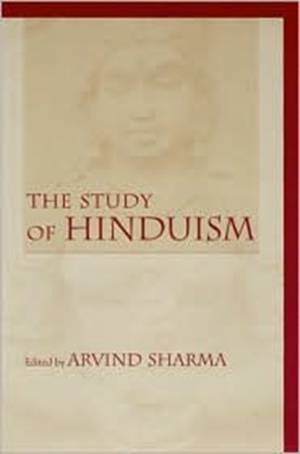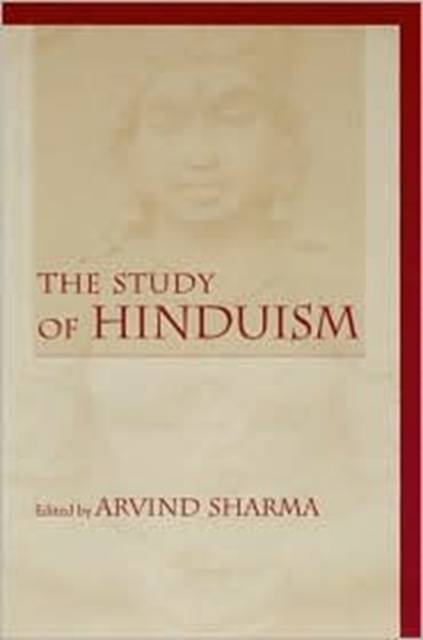
- Afhalen na 1 uur in een winkel met voorraad
- Gratis thuislevering in België vanaf € 30
- Ruim aanbod met 7 miljoen producten
- Afhalen na 1 uur in een winkel met voorraad
- Gratis thuislevering in België vanaf € 30
- Ruim aanbod met 7 miljoen producten
Omschrijving
How Hinduism has been studied and what scholars have yet to accomplish
In The Study of Hinduism, leading scholars from around the world take stock of two centuries of international intellectual investment in Hinduism. Since the early nineteenth century, when the scholarly investigation of Hinduism began to take shape as a modern academic discipline, Hindu studies has evolved from its concentration on description and analysis to an emphasis on understanding Hindu traditions in the context of the religion's own values, concepts, and history. Offering a needed assessment of the current state of Hindu studies, the contributors to this volume identify past achievements and chart the course for what remains to be accomplished in the field.
Casting a tripartite net, the contributors collaborate to achieve an analytical, historical, and topical perspective upon Hindu studies. Among other topics, they evaluate the continuing debates surrounding the meaning of the word Hinduism and the different methods that have been employed in studying the religion. Arvind Sharma, as editor, lays the groundwork for the volume by defining both Hinduism and the role of methods--including historical, anthropological, sociological, and psychological--in its study. Eric J. Sharpe adds to the opening analysis with his consideration of the importance of setting in Hindu studies.
Other contributors review the ways in which Hinduism has been studied. S. W. Jamison and Michael Witzel examine the scholarship about pre-Vedic and Vedic Hinduism and the rituals, mythology, and religious life associated with it; Alf Hiltebeitel, Greg Bailey, and Milton Elder consider scholarly attention to the writing, orality, and divinity of India's epics--the Puranas and the Bhadagvita, respectively--in classical Hinduism; Philip Lutgendorf surveys the recent study of medieval Hinduism, especially its devotional traditions; and Robert D. Baird addresses the work of disciplines such as anthropology, history, and the history of religions as they bear on the investigation of modern Hinduism. Within this broad framework, the contributors also address academic responses to the regional forms of Hinduism and the position of women within the religion.
Specificaties
Betrokkenen
- Uitgeverij:
Inhoud
- Aantal bladzijden:
- 332
- Taal:
- Engels
- Reeks:
Eigenschappen
- Productcode (EAN):
- 9781570034497
- Verschijningsdatum:
- 31/07/2003
- Uitvoering:
- Hardcover
- Formaat:
- Genaaid
- Afmetingen:
- 168 mm x 233 mm
- Gewicht:
- 657 g

Alleen bij Standaard Boekhandel
Beoordelingen
We publiceren alleen reviews die voldoen aan de voorwaarden voor reviews. Bekijk onze voorwaarden voor reviews.










